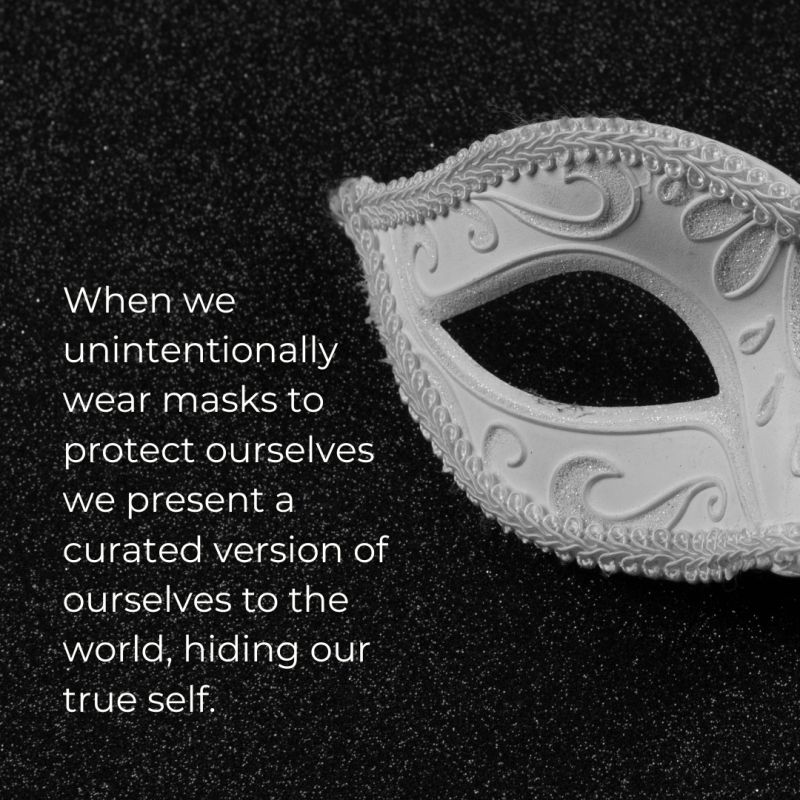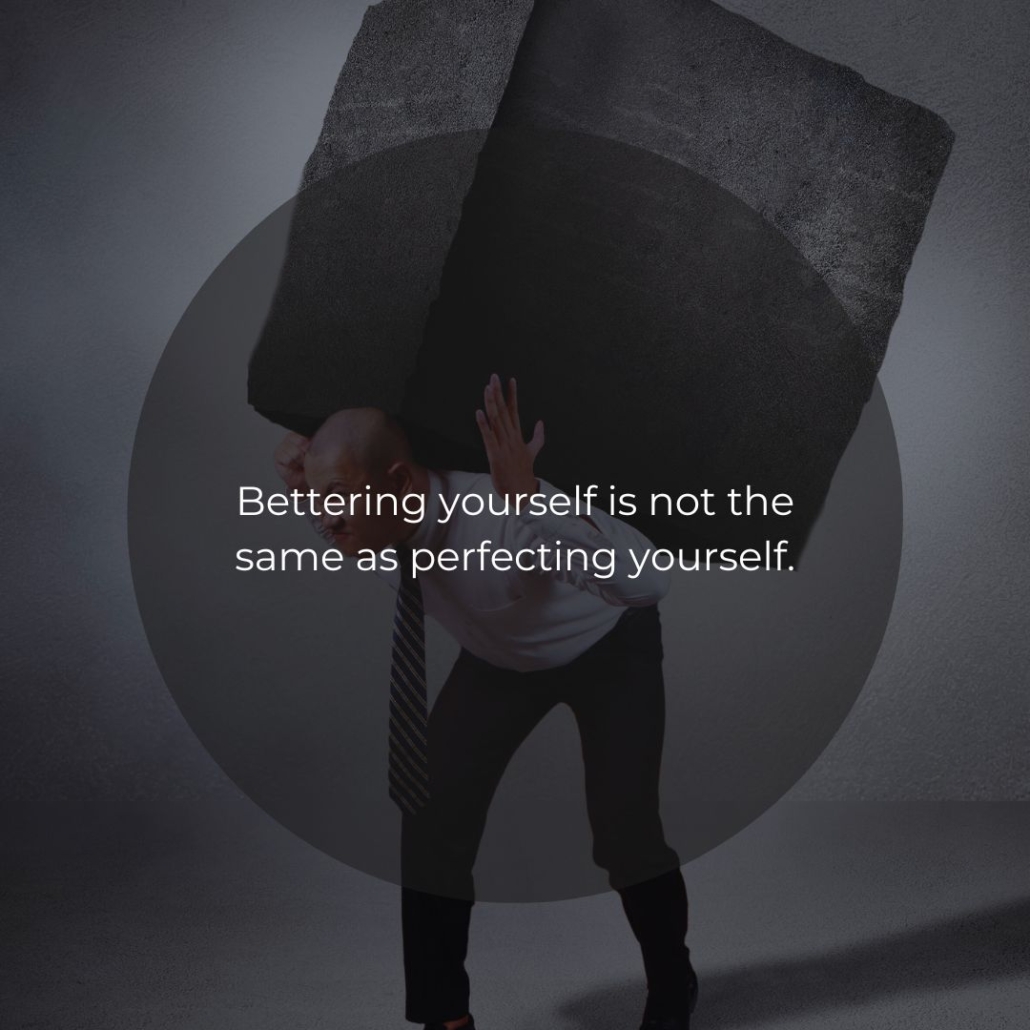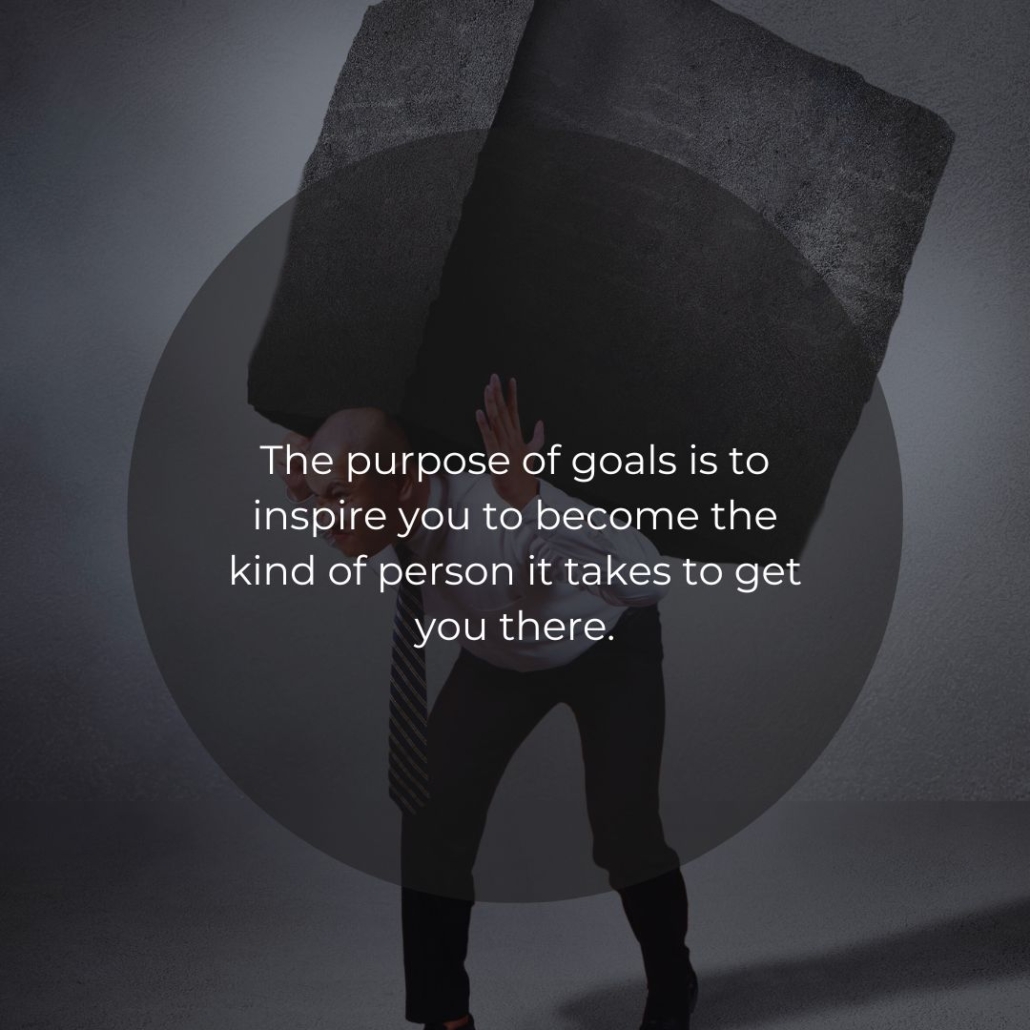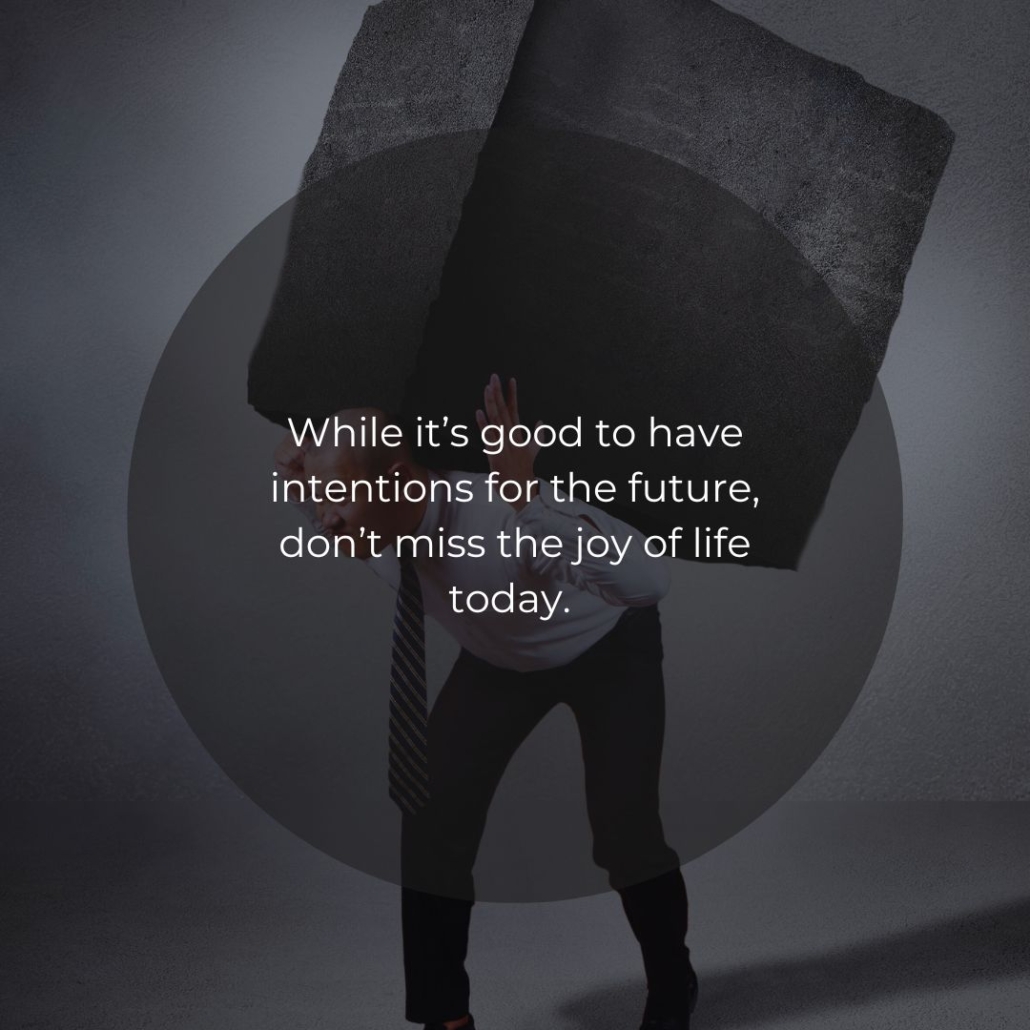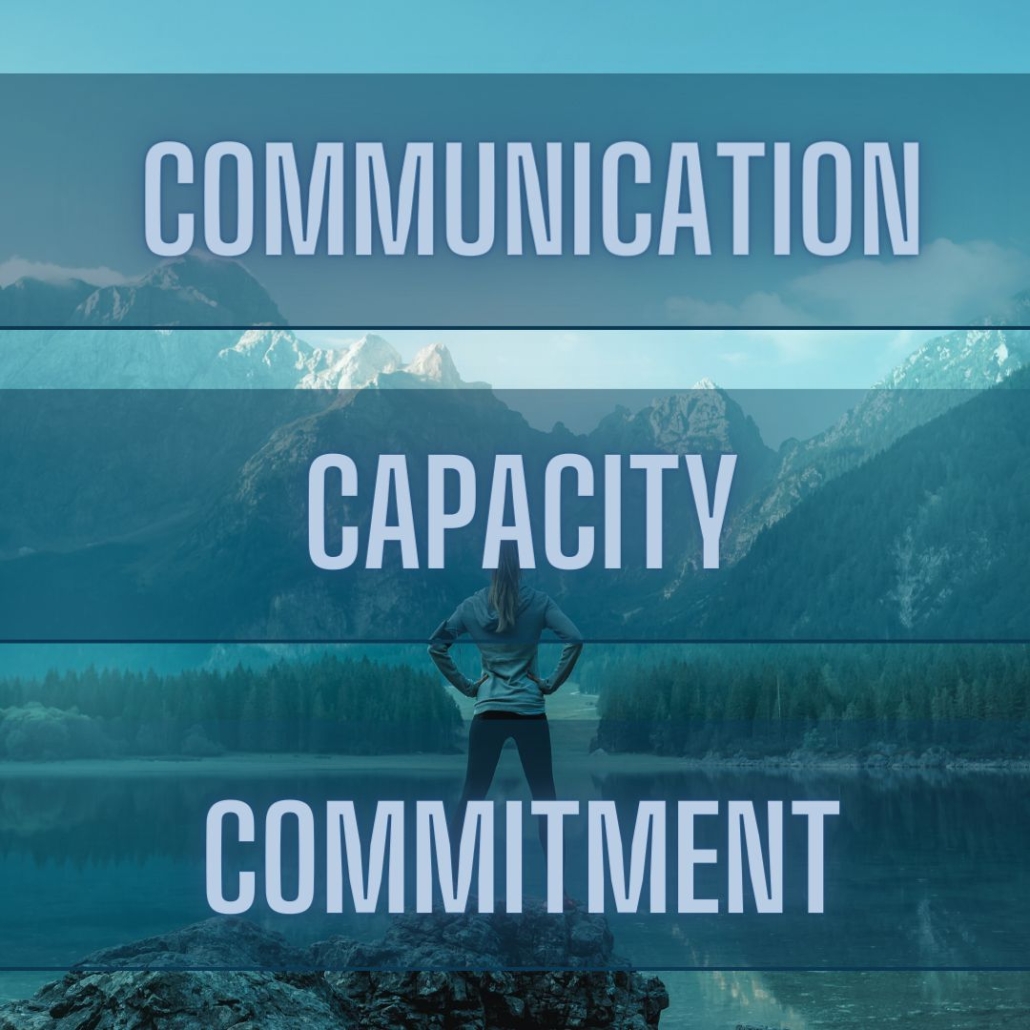Carl Rogers, a founder of humanistic psychology, focused much of his work on the problem of authority. Rigid power hierarchies had led to oppression in many spheres of life and he pioneered a movement that liberated individuals from these authority structures. People are naturally good, he believed, and can be trusted to do their own self-actualization.
David Brooks, in his insightful article, “How America Got Mean,” (The Atlantic, September 2023), stated that “a cluster of phenomenally successful books appeared in the decade after World War II, making the case that, as Rabbi Joshua Loth Liebman wrote in Peace of Mind (1946), ‘thou shalt not be afraid of thy hidden impulses. People can trust the goodness inside.’ His book topped the New York Times best-seller list for 58 weeks. Dr. Spock’s first child-rearing manual was published the same year. That was followed by books like The Power of Positive Thinking (1952).
According to this ethos, morality is not something that we develop in communities. It’s nurtured by connecting with our authentic self and finding our true inner voice. If people are naturally good, we don’t need moral formation; we just need to let people get in touch with themselves.”
While these pioneers led the way to the opening of authenticity, there’s a missing link – a perspective that many still do not understand. I remember sitting on an airplane talking to an executive about authenticity when not long after our conversation he started flirting with the flight attendant. When she went to get his drink he turned to me and said that he likes to challenge himself to see if he can get the flight attendant into his hotel room. “It’s my authentic self,” he said with a wink.
While the early pioneers in the personal development field broke down many patriarchal, rigid, and dehumanizing authority structures and gave birth to new freedom, we know now, with our current consciousness, that they could only take us so far. We do, in fact, need to be concerned about some of those hidden impulses. Just because you have a desire doesn’t necessarily mean it’s authentic. To get to your true authentic self beneath your impulses and cravings, you need a community. And your inner child needs some good old-fashioned discipline.
To learn more about the journey to authenticity, I hope you’ll join me in one of my upcoming complimentary Authentic Leadership Academy Mini-Series: https://lnkd.in/g4M9qpWh
